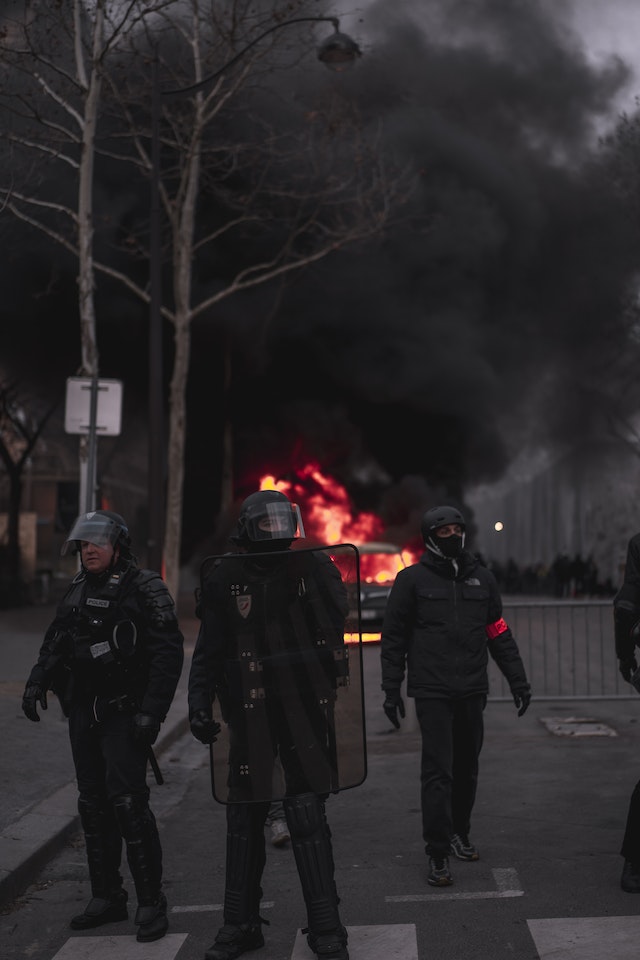War is often thought of as a necessary evil, a means to an end for resolving conflicts between nations or groups. However, the reality of war is much more complex and devastating than that. War is not just a series of battles fought between armies, but a destructive force that has far-reaching and long-lasting consequences for those who experience it. In this blog post, we will explore some of the many disadvantages of war and how it affects individuals, communities, and the world as a whole.
One of the most obvious disadvantages of war is the loss of human life. War is incredibly destructive, and the loss of life can be staggering. Whether it is soldiers fighting on the front lines or civilians caught in the crossfire, war takes an enormous toll on human life. Even those who survive war may be left with physical and emotional scars that will stay with them for the rest of their lives.
Another disadvantage of war is the destruction of infrastructure and property. War is often characterized by heavy bombing and artillery fire, which can destroy homes, buildings, and entire communities. Even after the fighting has stopped, the rebuilding process can be slow and expensive, leaving people homeless and without the resources they need to rebuild their lives.
War also has a devastating impact on the economy. Countries that are at war often see their economies grind to a halt as resources are diverted to the war effort. Inflation can skyrocket, and unemployment can rise as businesses close or are destroyed. Even after the war is over, it can take years for an economy to recover, and many people may never fully recover from the economic devastation caused by war.
War also has a significant psychological impact on individuals and communities. The trauma of experiencing war can lead to mental health issues such as post-traumatic stress disorder, depression, and anxiety. These conditions can be debilitating and can last for years or even a lifetime, affecting not only the individual but also their families and communities.
Finally, war has a profound impact on society as a whole. War divides communities and can lead to the erosion of civil liberties and human rights. War can also lead to the rise of extremist groups, which can further destabilize societies and create new conflicts.
In conclusion, war is a destructive and devastating force that has far-reaching and long-lasting consequences. It causes human suffering on a massive scale, destroys communities and economies, and has a profound impact on society as a whole. While war may be necessary in some cases, it should always be a last resort and should never be taken lightly. It is important that we work towards peace and understanding, to prevent war and its devastating effects on humanity.
